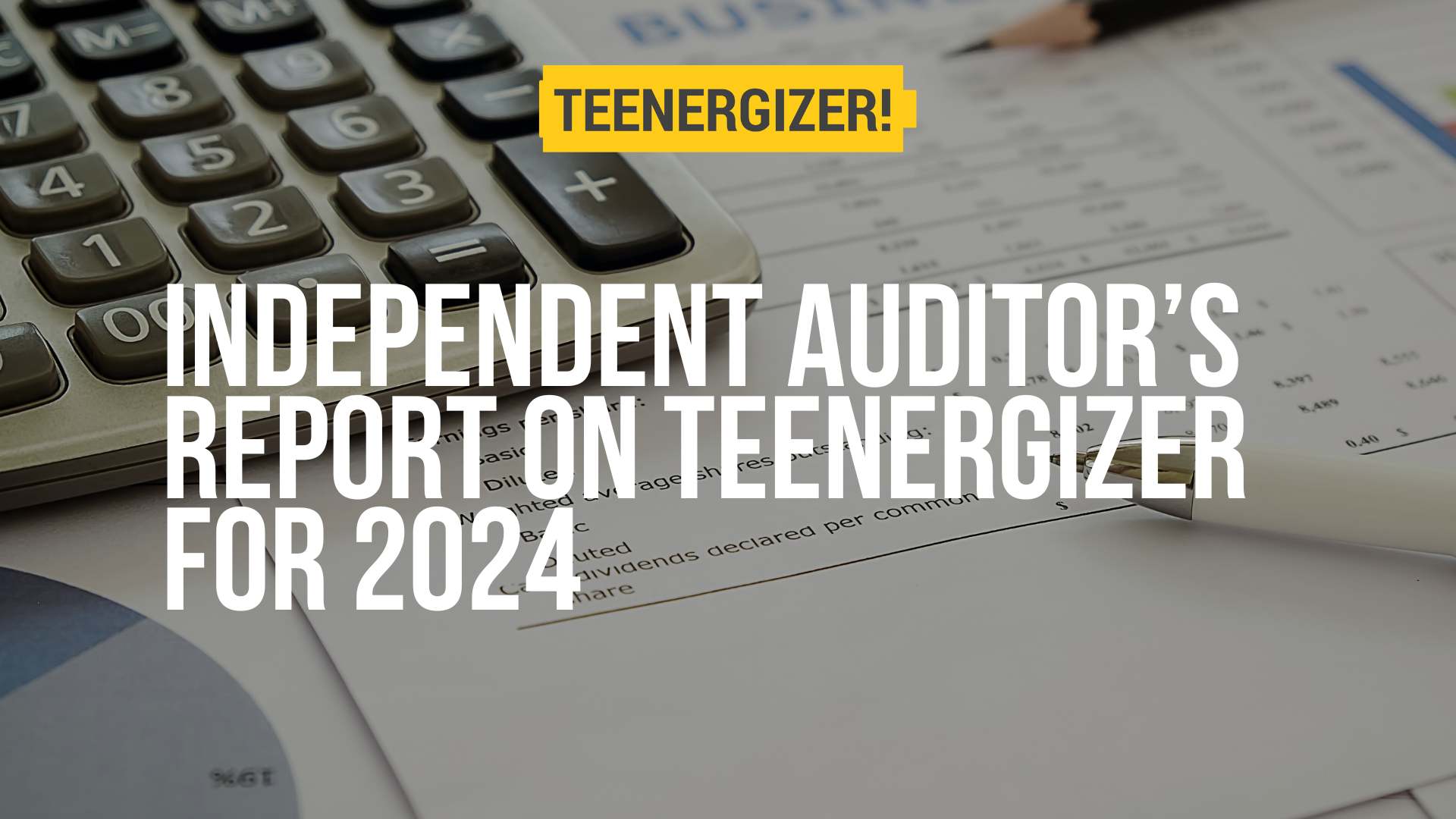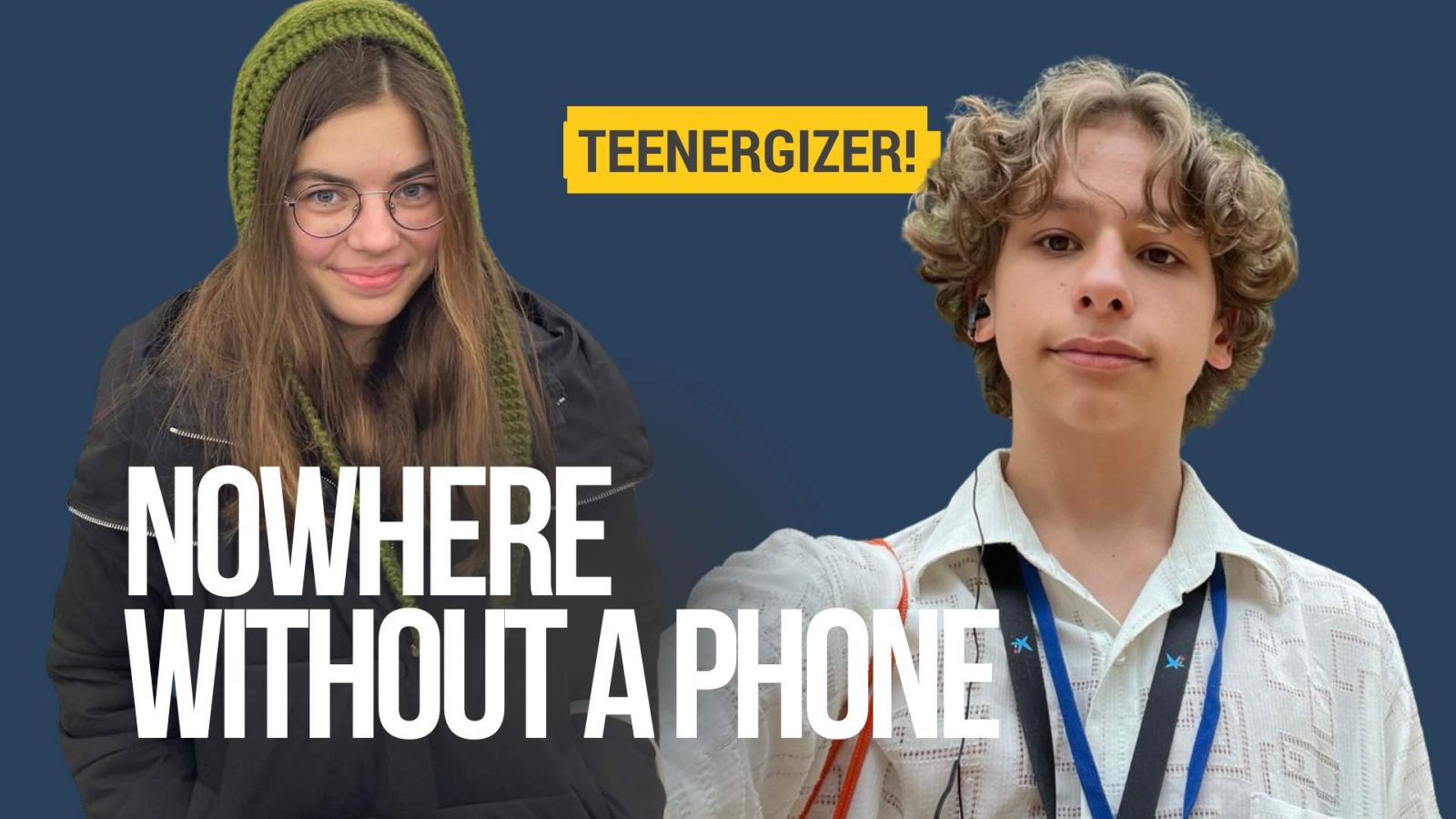Yana Panfilova, the founder of the Teenergizer movement, spoke at the plenary session of the International AIDS Conference! She told 4 personal stories of young people living with HIV.
Good morning,
My name is Yana, I’m 20 and I was born with HIV. When I was 16, I founded Teenergizer. The only movement of adolescents and youth in Eastern Europe and Central Asia, to raise HIV and health-awareness. And I’m so happy to be here. This is my first International AIDS conference and, trust me, the most important thing in my life now. And you know what? For the first time, I missed my flight, on my way here. In an ideal world, that would have never happened. But the world we live in is not perfect.
Look, I like ideals. But I would like us all to take off the pink glasses and look at reality. I will tell you 4 stories that demonstrate how HIV programs fail to reach young people. And that tells us how to correct the mistakes we are making.
The first story
This is Chinmay, he is 24, and he is from India. Chinmay was born with HIV.
In my country, a lot of girls get pregnant around 14 years old. Our government does not provide my peers with SRHR education. There are no sex ed classes at schools, parents don’t talk about it with their children. I was lucky. I got some information from my parents, as well as internet, myself. But most of my peers don’t have any access any access to information about sexual health. India is a country with a lot of cultural taboos. For 10 years, I have been waiting for the day when sexual and reproductive health education is our priority. This is what we need to help adolescents and youth take care of their health and lives
This is my dream, too! Teachers in our countries are not prepared to talk about reproductive health with us. They are even less ready to talk about sex and sexuality. Schools don’t provide sex education. Governments are not willing to change policies to make sex education available. Our societies are often afraid that sex ed will lead to promiscuity. But we know this is NOT true. Information is protection. We know from evidence that young people who are informed about sex are more likely to have protected sex and are also more likely to delay starting sex. We need political leaders and school systems to make sexuality education available now.
Second story
This is Muluba, she is 25. Muluba is from Canada. She lives with HIV. With her diagnosis, Muluba has seen many health care providers.
Health care providers have never treated me as someone who could take control of my own health. They have never truly respected me as a patient. It has always seemed that my doctors and my mother are making all decisions about my health without me. I am just standing there looking at them, in silence. This attitude is still affecting my life. Often, I have trouble advocating for what I need and want. Now, I just want health workers to work with us young people as partners in our own care. This is a priority.
I do agree with Muluba myself. In my own case, the doctors felt more comfortable talking about my health with my mom than with me. As if she knew better than me where my body hurts, and if she was to be taking the pills instead of me.
Health care systems must work with young people. They cannot simply ignore us because we know our bodies best. We are competent, powerful and independent human beings and we need the doctors to trust us. Trust is a must. We need to be able to ask any question and know that we will receive clear and honest answers in a friendly way. If you want to make health consultations truly effective, ask teenagers, young people, my peers. We are equal partners in health.
Third story
This is Julian, he is 26. Julian is from Lebanon. He is living with HIV as well.
I am a young HIV-positive gay man who was raped at the age of 10. I grew up as an introvert kid in a society that not only stigmatizes and discriminates against gay men but also criminalizes us. I often faced bullying at school, including physical assault. I was not able to defend myself or even speak up about it. By the age of 18, I was diagnosed with HIV. This added another layer of stigma and discrimination, not only from the society but also from the gay community — I was rejected by my own community. I couldn’t date any guy; I couldn’t love or feel loved. Even in healthcare, I felt rejected. One healthcare worker told me: You are the age of my children, thank God they are not like you, I take good care of them
LGBTQ youth in my region, including my friends, experience similar problems. Across the world, other young key populations suffer from stigma as well. While feeling rejected, young people tend to take risks, such as: drug use and unsafe sex. Ending stigma around HIV requires huge changes in society’s attitudes towards gay men, sex workers, drug users. We must not let anyone feel rejected. Every young person deserves to be treated with respect and dignity.
The Last Story
The last story I want to share with you is from someone I know very well:
I was born with HIV and learned about my status when I was 10. I have always lived in the capital of Ukraine Kiev, and, when I was a kid, HIV meant AIDS, and AIDS equaled death. Imagine for a second what it was like to find out you are terminally ill. So, of course I ignored every thought about it. The first time I realized I was not alone was when I came to a self-support group for HIV+ adolescents – the only one in Kyiv. This experience encouraged me to disclose my HIV-status to my best friend. The closest person in my life, who I loved and trusted. I remember that evening very well. I’m not a crybaby, by the way. But I cried the whole time while telling my story. I couldn’t stop. I was scared shitless. I couldn’t lose my best friend, my world would break down. But my friend_ took it well. That evening helped me understand something important about myself. I live with HIV, but I am so much more_ than just an HIV-positive person. This is just one little part of who I am. I decided I had enough believing that my HIV status is more powerful than me
This is my story!
The self-support group I attended helped me make friends who were also HIV+. However, we grew up without any public support for us. So, we had to help each other ourselves, we had to grow up quickly. We started building a community of friends, where hiv+ and hiv- teenagers were welcome.
We started with 5 people, and WE STARTED BUILDING BRIDGES among TEENS and ACROSS countries. Now we are in 100s connected across many countries in Eastern Europe and Central Asia. And this is only the beginning. We can make change happen. We can use innovations and digital solutions to connect young people living with HIV. We can get them to be engaged as partners in prevention and in care. But we need support from our governments and from many other partners. This is an investment in our present and in our collective future. Because we are the future today.
Do you remember the 4 stories I shared with you_ today. There are many more stories like these and many challenges we still need to address across the world: sex education, participation in health care, young key population and investments.
And you know why they are all so important? Because we, the youth, are still dealing with our issues without any support. We are included into policy papers, strategies and programs. But it is only on paper. The papers never leave the offices of the politicians. We can keep our pink glasses on, pretending that it is ok to involve us as decoration, for the record, for the show. We can hope this will solve the problems. But it never will. We must give young people the opportunities to get involved, to participate. The truth is that we – adolescents and youth — know our problems and needs. We must be partners in solving them, and not just decoration.
In the big picture of life — this is what “leaving no one behind” is about — a call to action.














